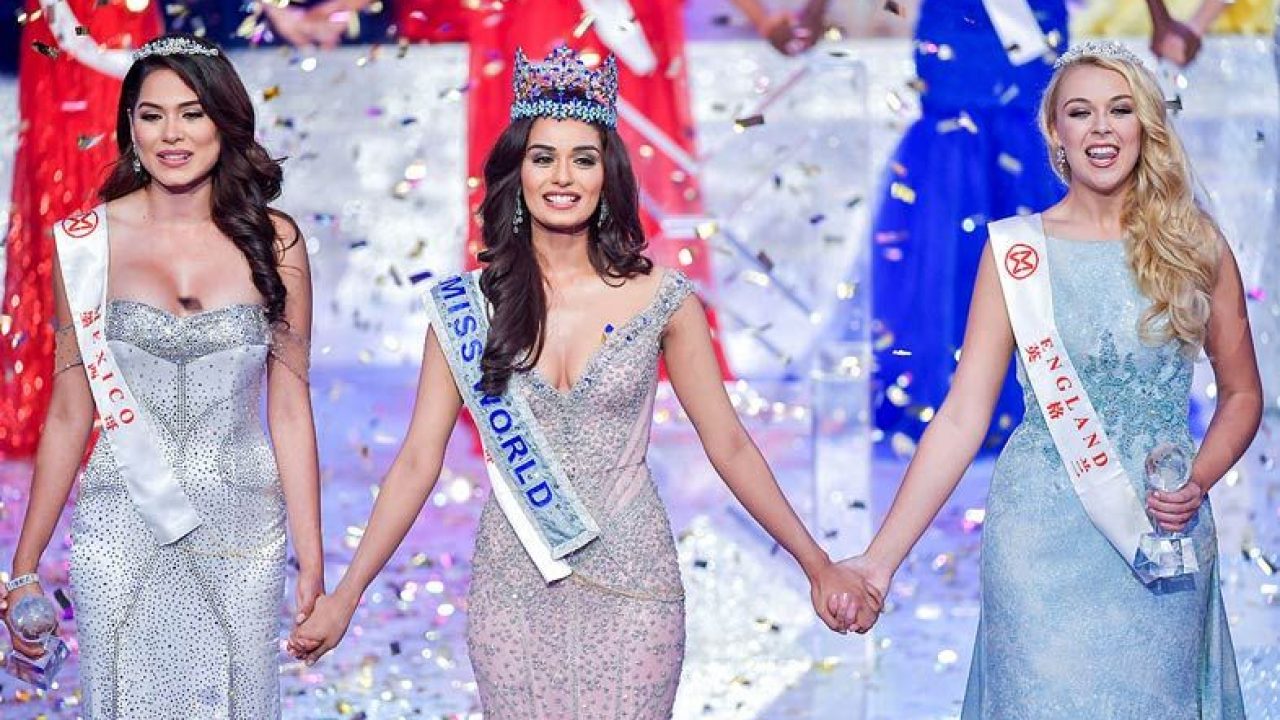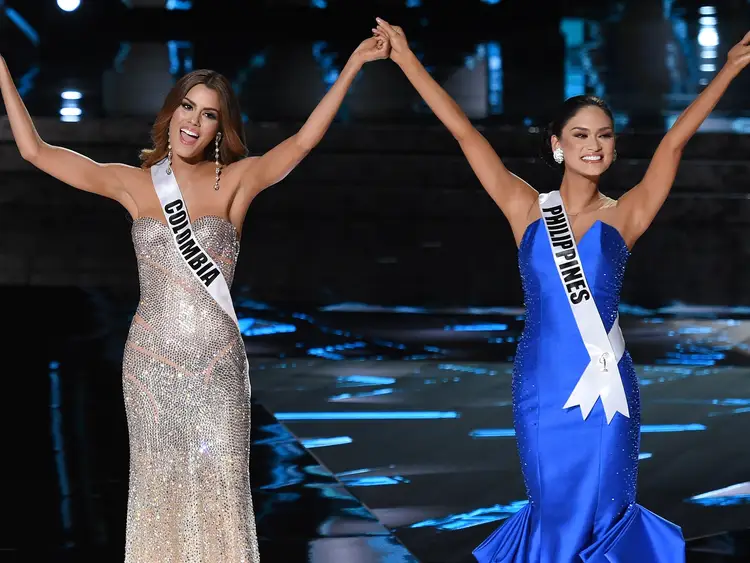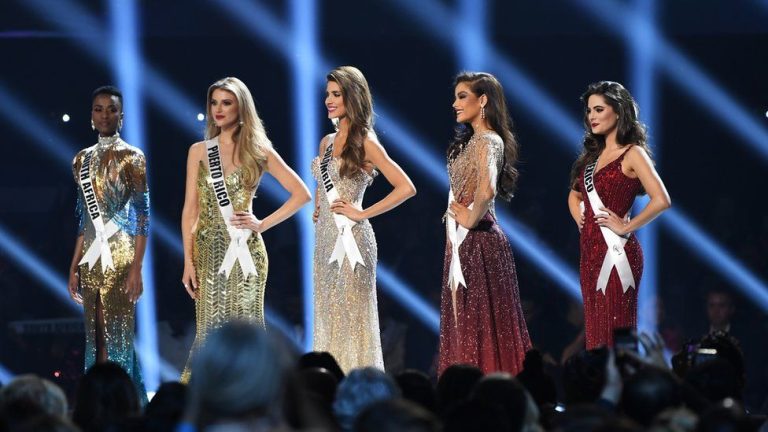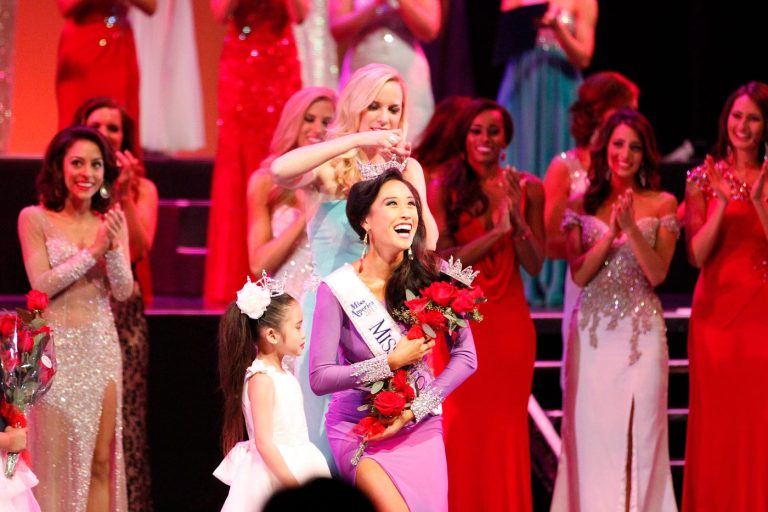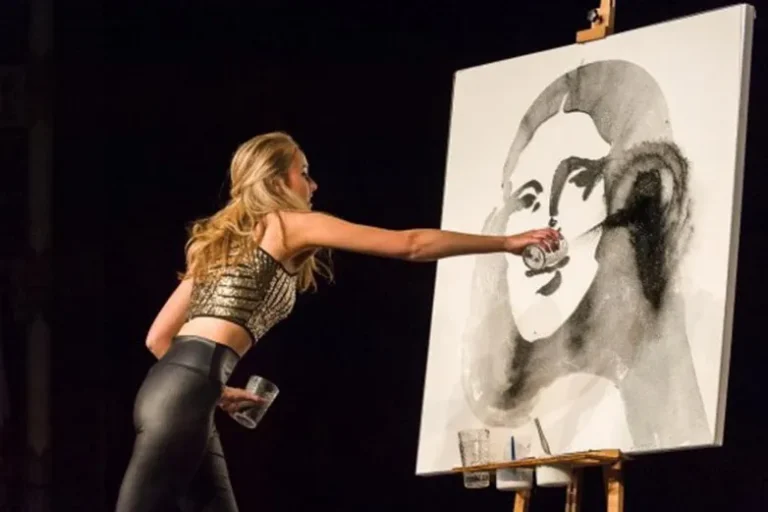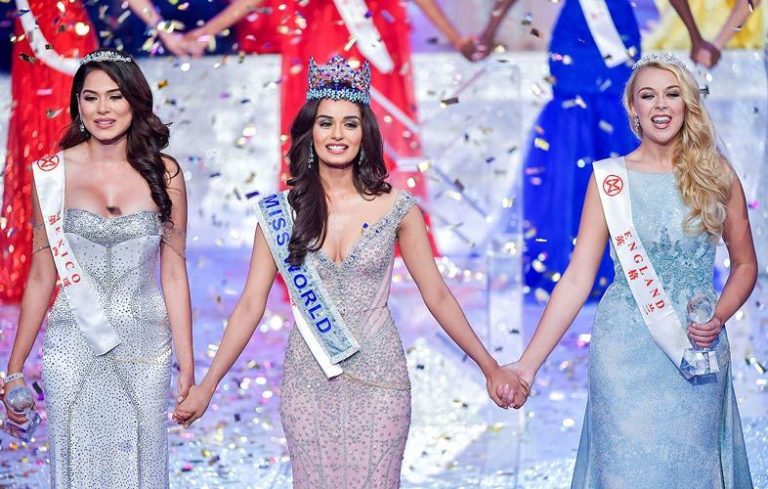Why Are Beauty Pageants Bad?
Beauty pageants have long been a staple in many cultures, often seen as a celebration of beauty and talent. But beneath the glitz and glamour, there’s a darker side that’s been increasingly scrutinized.
Research has shown that these pageants can lead to harmful effects, particularly on young girls. From body dissatisfaction to disordered eating, the pressure to conform to an often unattainable ideal of beauty can have serious impacts. In the post, we’ll be looking at why beauty pageants might not be as beautiful as they seem.
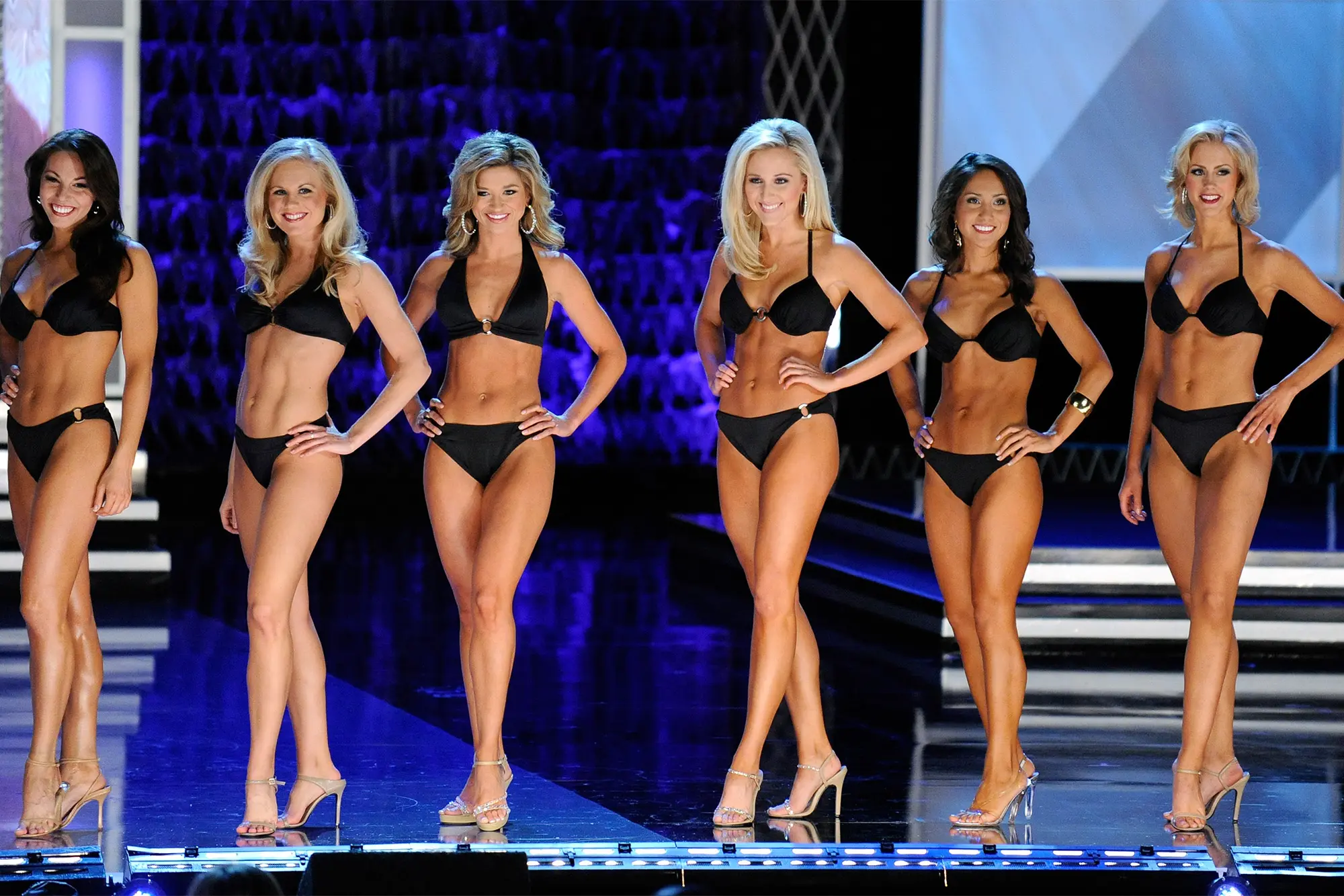
Why Are Beauty Pageants Bad?
Beauty pageants have been a topic of debate for many years, with opinions divided on their value and impact. Critics argue that beauty pageants can be harmful for several reasons:
1. Promotion of Unrealistic Beauty Standards
Beauty pageants often promote a narrow definition of beauty, emphasizing physical appearance over inner qualities. This can set unrealistic beauty standards for participants and viewers, leading to body image issues and self-esteem problems.
2. Objectification
Participants in beauty pageants are often judged primarily on their physical appearance, which can lead to the objectification of women and girls. This focus on physical beauty over other attributes can reinforce the idea that a woman’s value is based on her looks rather than her abilities or character.
3. Pressure and Stress
Competing in beauty pageants can be highly stressful, with intense pressure to look and perform a certain way. This can lead to unhealthy behaviors, such as extreme dieting and exercise routines, to meet the pageant’s beauty standards.
4. Limited Representation
Historically, beauty pageants have lacked diversity in terms of race, body type, and more, leading to a limited representation of beauty. Although there has been progress in recent years, the industry still often falls short of fully embracing diversity and inclusivity.
5. Cost
Participating in beauty pageants can be very expensive, requiring investments in clothing, makeup, coaching, and other preparation costs. This financial burden can be significant and excludes those who cannot afford to participate.
6. Impact on Young Girls
Young girls who participate in or watch beauty pageants might receive early messages that their worth is tied to their appearance. This can influence their self-esteem and body image in critical developmental years.
7. Questionable Rewards
While winners of beauty pageants may receive prizes or scholarships, critics argue that the focus on beauty as a merit can detract from achievements based on skill, intelligence, or talent.
Exploitation of Participants
The exploitation of participants is a significant concern within beauty pageants, encompassing a range of issues from financial burdens to emotional and psychological impacts. This exploitation can manifest in several ways:
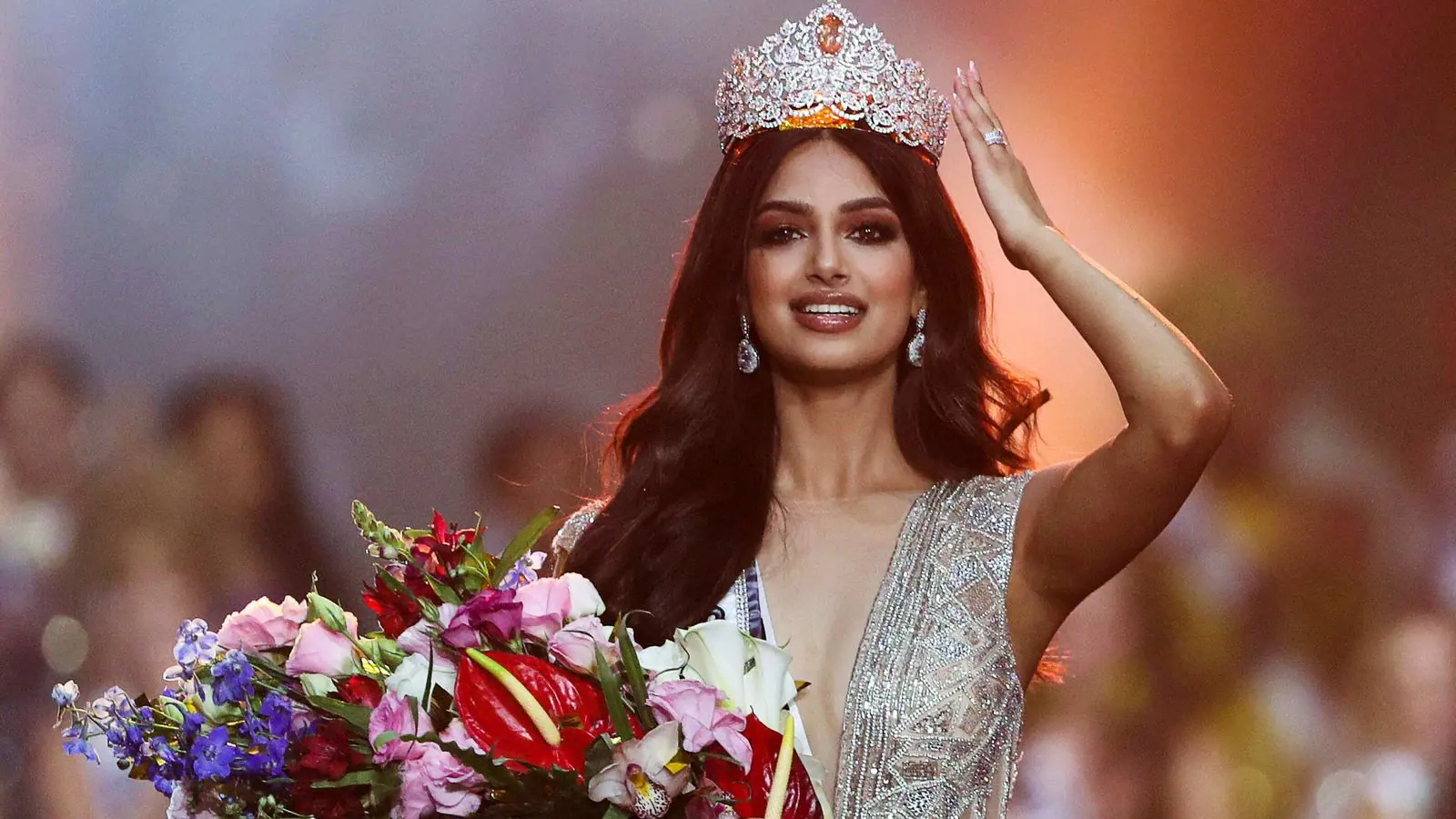
Financial Exploitation
Participants often incur high costs for entry fees, wardrobe, makeup, coaching, and travel, with no guarantee of winning any prizes or gaining meaningful returns. This financial strain can be particularly burdensome for families and individuals, with some investing thousands of dollars into pageant preparation without tangible benefits.
Emotional and Psychological Pressure
Beauty pageants place immense pressure on participants to conform to specific beauty standards and perform flawlessly in competitions. This pressure can lead to stress, anxiety, and other mental health issues. The emphasis on physical appearance can also foster unhealthy comparisons and competition, undermining self-esteem and body image.
Objectification and Sexualization
Pageants frequently judge contestants primarily on their physical appearance, which can lead to objectification. In some cases, especially in pageants involving children or teenagers, participants may be sexualized through the choice of attire, makeup, and the nature of performance routines. This sexualization is troubling and raises ethical concerns about consent and the appropriate representation of minors.
Limited Consent and Autonomy
Participants, particularly young ones, may not fully understand the implications of their involvement in pageants or may feel pressured by parents or coaches to participate. This raises questions about consent and the extent to which individuals can make informed decisions about their participation.
Exposure to Predatory Behavior
The pageant circuit can expose participants to predatory behavior from adults who exploit the aspirations of young contestants. This includes unscrupulous agents, sponsors, and others who may offer false promises of fame and success in exchange for money or other favors.
Psychological Exploitation
The competitive nature of pageants, coupled with the focus on physical appearance, can exploit participants’ vulnerabilities. For example, feedback and criticism about one’s appearance can exacerbate insecurities and lead to long-term psychological effects, including eating disorders and distorted self-image.
Influence on Society
Frequently Asked Questions
What are the potential dangers of child beauty pageants?
Child participants in beauty pageants may experience increased risks of low self-esteem, eating disorders, and anxiety. This is due to the high-pressure, competitive environment focusing heavily on physical appearance, leading to unhealthy self-perception.
Are there any benefits to participating in beauty pageants?
Yes, beauty pageants can offer positive experiences such as improving public speaking skills, fostering a sense of accomplishment, and building self-confidence. It’s important to note that these benefits are not exclusive to pageants and can be gained through other activities.
Can beauty pageants contribute to eating disorders?
There have been concerns that young participants in beauty pageants might struggle with body image issues and eating disorders as they mature. This can be due to the immense pressure placed on physical appearance.
Why do some people perceive beauty pageants negatively?
The negative perception of beauty pageants arises from the belief that these competitions focus mainly on physical appearance. For younger participants, there’s concern that pageants could push children into mature roles and standards too early in life.
Do beauty pageants boost confidence?
Participation in beauty pageants can indeed improve confidence through exposure to public speaking and presentation skills. However, every participant responds differently, and outcomes can depend on the individual’s mentality and support system.

I’m Ellis Philip, a writer who loves fashion. I often write for beauty magazines, sharing my thoughts on how fashion can make women feel powerful. Traveling is my passion, as it lets me discover new beauty products and trends. I enjoy bringing these finds into my writing, hoping to inspire others.

